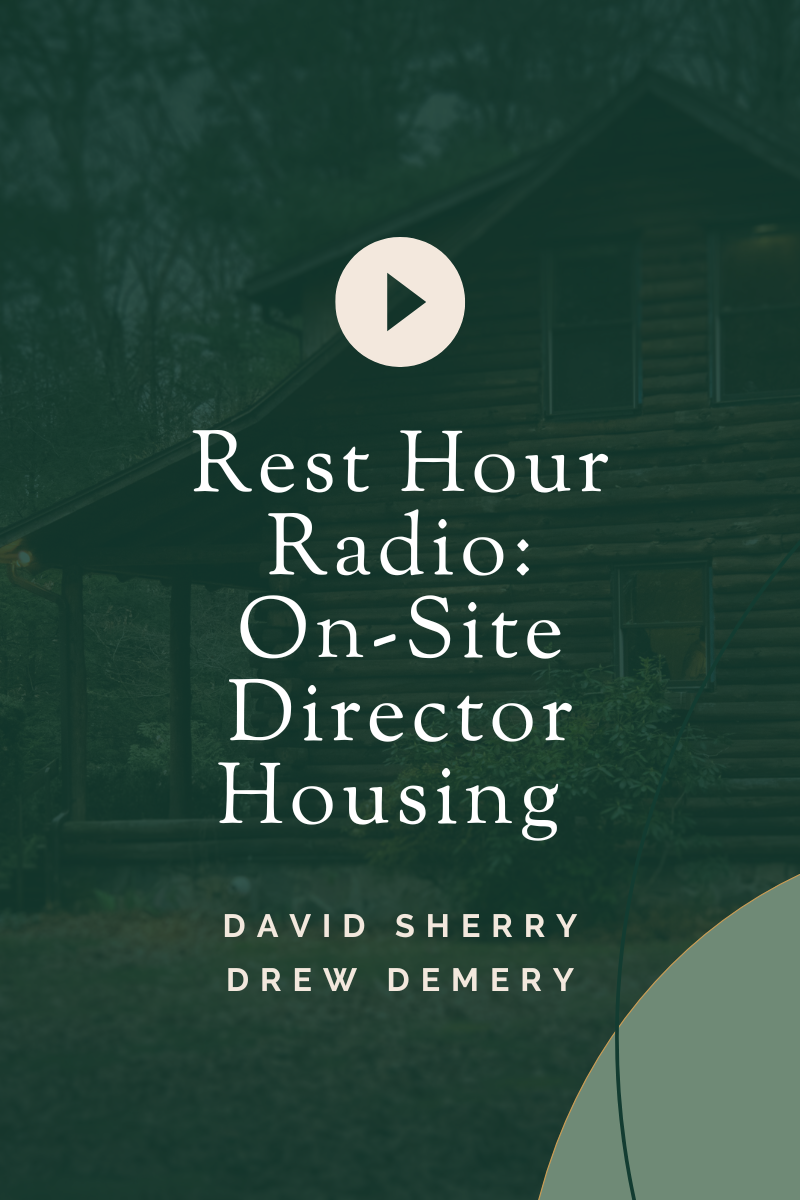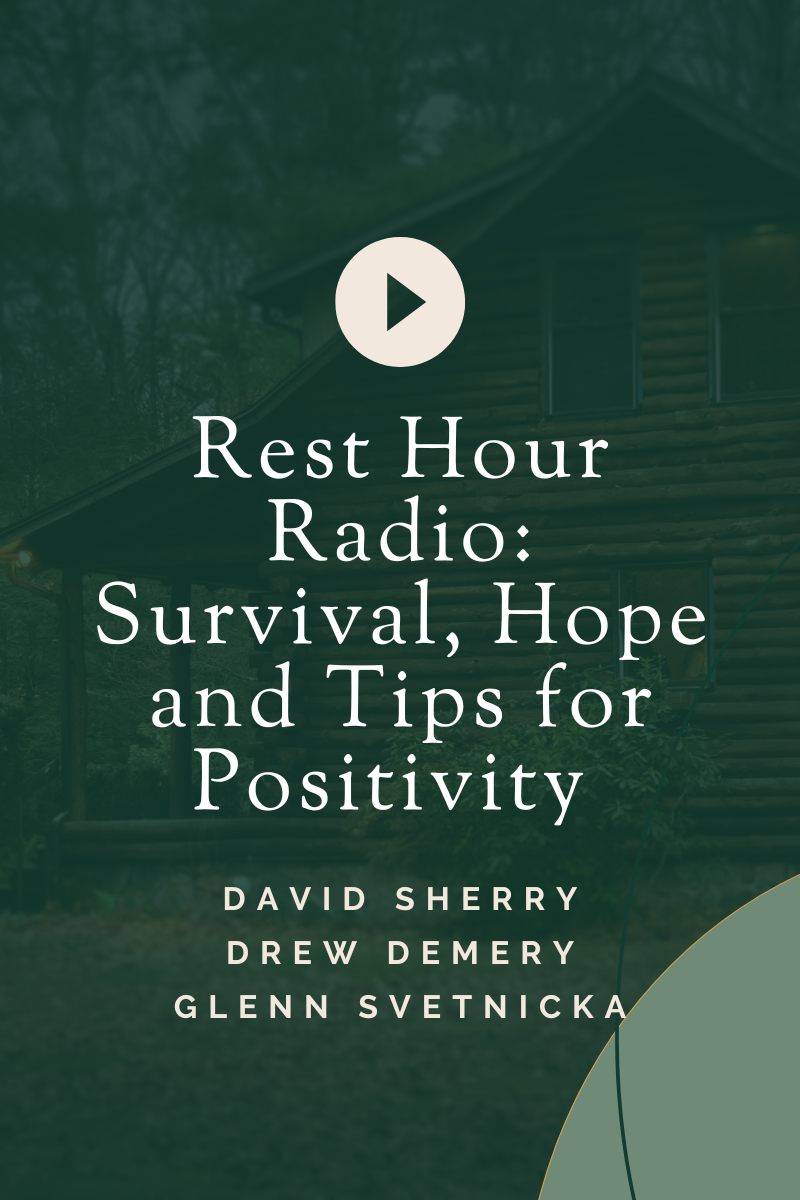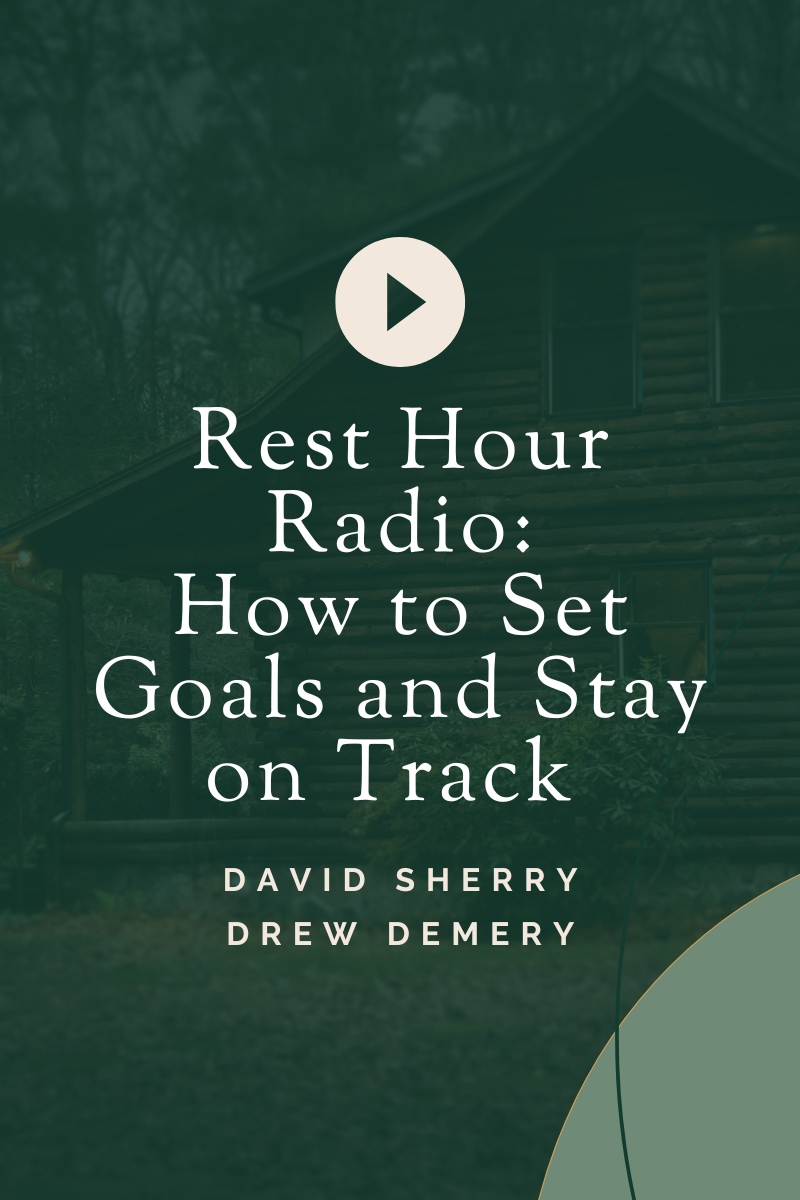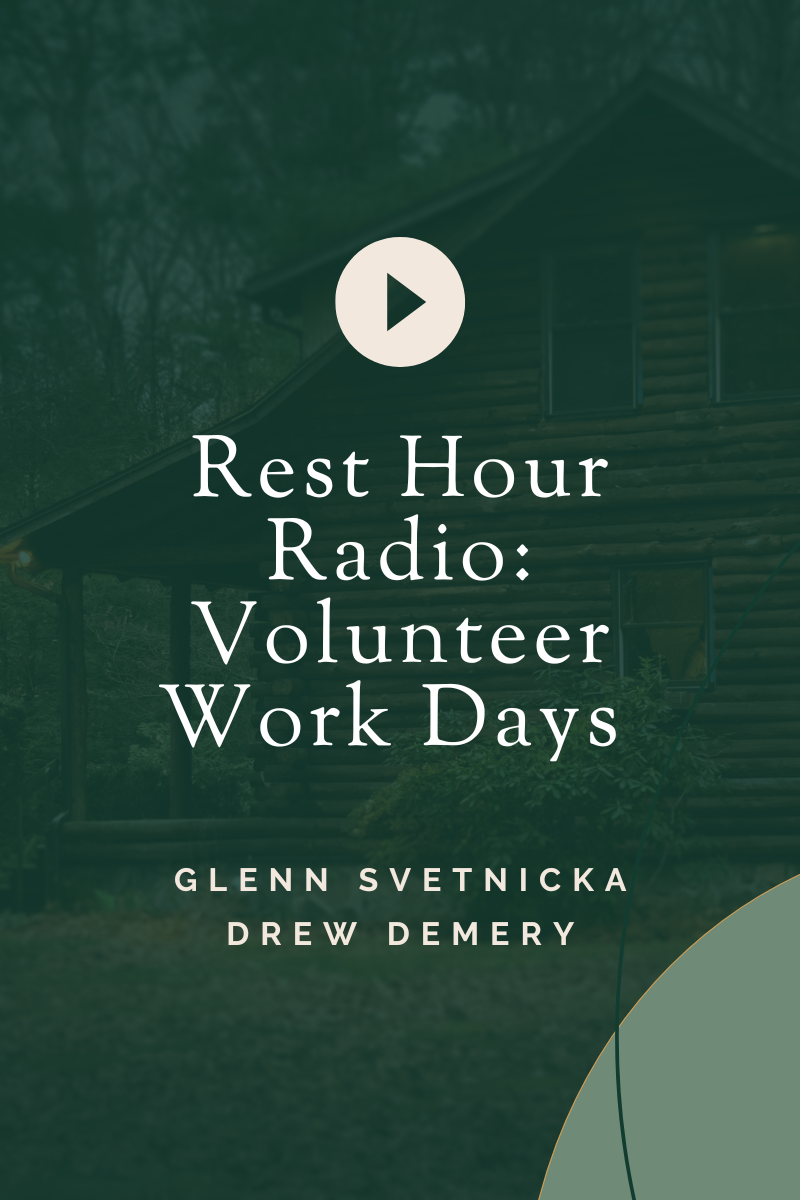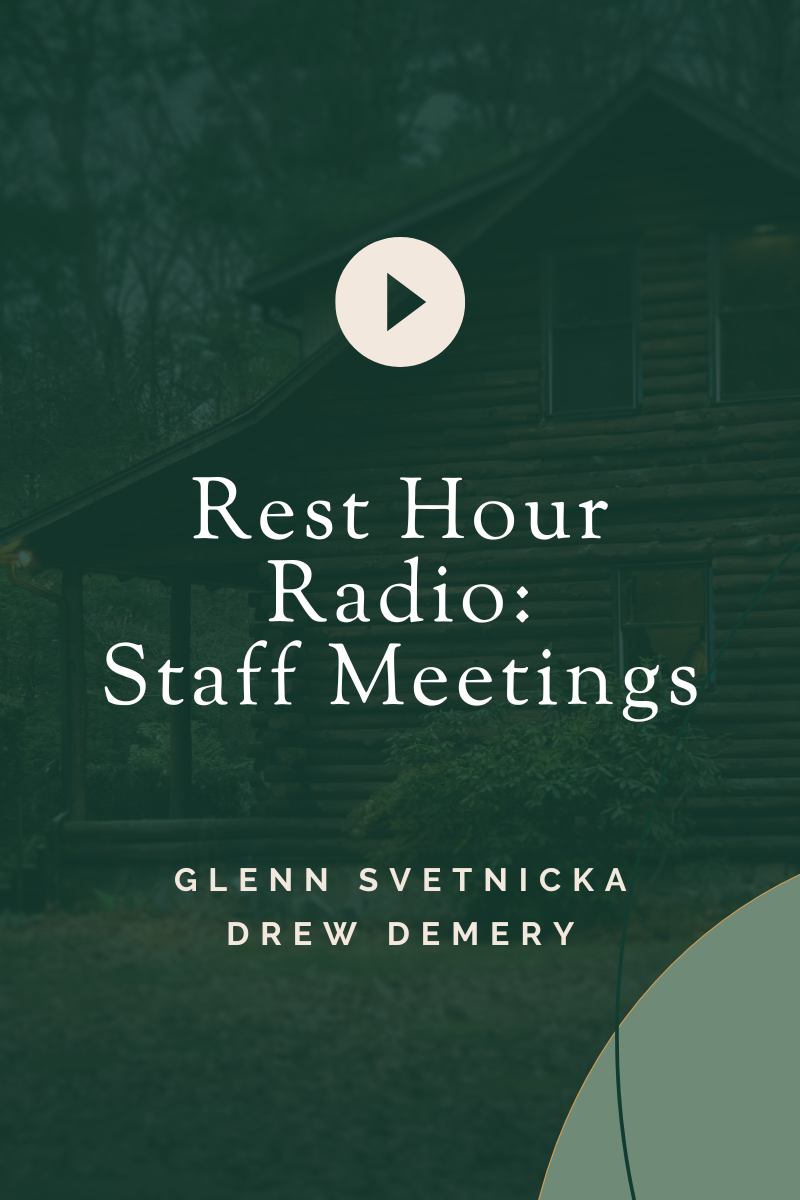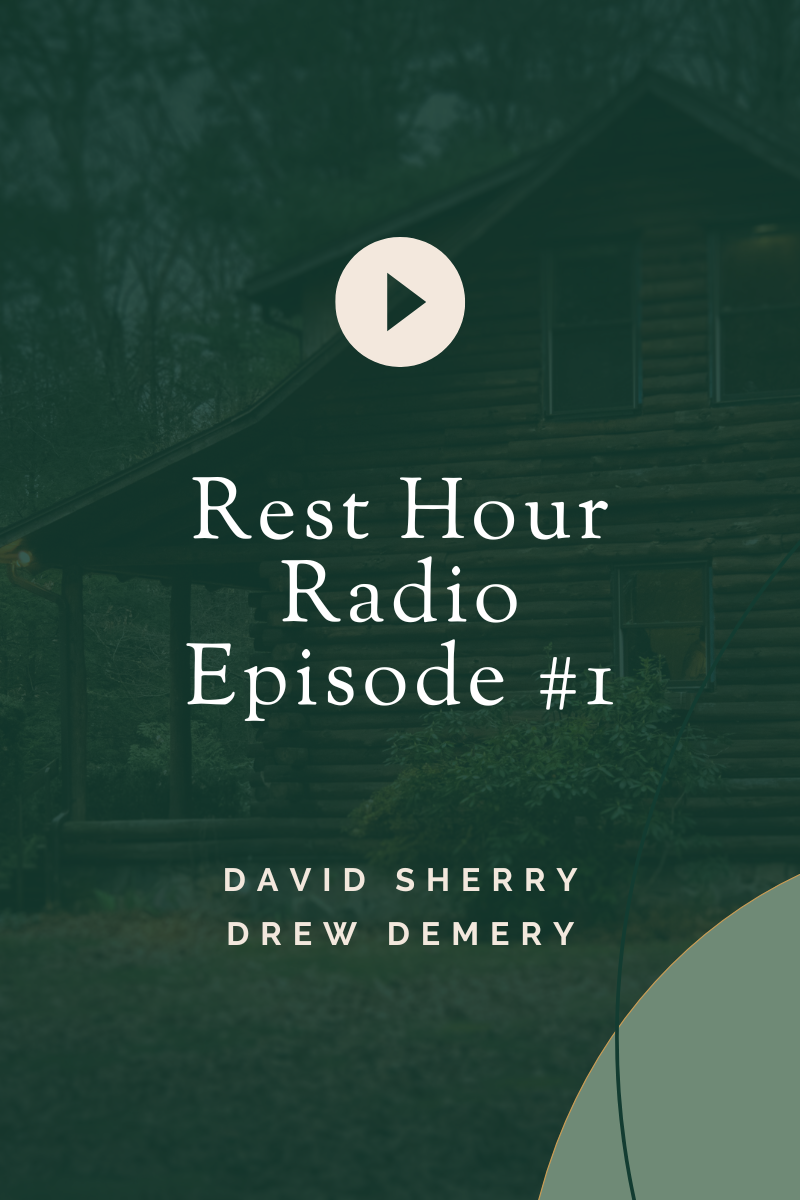Here are five things you can work on now.
Many camps have found themselves in a position this year where fundraising needs to take a larger priority. Even during years when camps are not facing the challenges of a pandemic, a solid fundraising development plan should be a part of every camp’s annual to-do list. Fundraising is about so much more than just raising money. Fundraising is about sharing your story, engaging with volunteers and donors and consistently reviewing your priorities and needs. It can be intimidating to start raising money if you are not used to doing it. However, we believe if you are a people person, like most camp professionals are, you will be a natural. We will look at five places to get you started creating your plan in this article. You don’t build a program without some thought and planning. Creating a fundraising plan should be thought of as building a program. Build it with intentionality and purpose.
- Know your what and why. Donors want to know what they are being asked to give to and why it is important enough to use their funds to support it. It may seem natural that they want to support your camp simply because they love you, but the reality is the large donors especially want to know how their gifts will help. Are you raising money to build something, are you trying to raise money for scholarships, do you simply need help keeping the doors open? Clarify what your needs are and why it is important to the delivery of your mission and program. Start by placing all of your needs on the table and then start to prioritize projects and needs. Savvy donors want to see that you have a plan and want to know how their gift fits into that plan. They want their gift to matter and you need to be able to articulate to them why your what is a priority and how it fits in your overall plan to deliver your mission.
- Do your math homework. Know how much money you need before you ask for a dollar. What is the overall project cost, or how much are you trying to raise for a sustaining campaigning? Changing the total as you go makes you look like you did not know what you needed to start with. Your need and your goal for a campaign do not need to match up, as long as you can explain why. You may need $100,000, but your campaign goal is $75,000 because you are planning to get the rest from your endowment, or you plan to make operational changes for the rest. Bottom line, do your homework and know what you need and why.
- Create Your Case Statement. A simple one page explanation making your case for supporting your campaign. Include some visuals, a story and most importantly a clear and well articulated explanation of your what and why. Lay out how this campaign and project helps your mission and why it is so important to do.
- Explore your options. Bake sales and pancake breakfasts are easy to do, but may not provide the results you need. Special events have a place in fundraising, but they take a large amount of work and often don’t have the financial payback. Online giving campaigns and Crowdfunding have been successful for many nonprofits, but takes a lot of social media horsepower, do you have that? Peer to peer campaigns are successful for larger amounts, but takes committed volunteers and organization. There are many ways to raise funds, based on what your goals and strengths are, work through your options and consider what would best help you reach your fundraising goal. Reaching out to a consultant for larger campaigns or for first time campaigns may help you define your best option.
- How feasible is your plan? How realistic is your goal? Before you start a campaign or any fundraising project, test the waters to see if you have the capacity to raise the funds. Feasibility studies can help you determine whether your goal is within grasp or if you need to reconsider your ask before you get started. You do not want to start a campaign working towards an unattainable goal. You can hire a consultant to complete a feasibility study for your organization, and probably should for a large campaign. You can also test the feasibility of your project through conversations with key donors and volunteers ahead of committing to any campaign. Ask questions like, how many volunteers can we get involved in our campaign? How much do we believe they each realistically will raise on average? How many $1,000, $5,000 or larger donors do we expect gifts from? Look at previous giving and when the donors made those gifts, will they give again? Talk with your community about the project and see if they “buy into it” and agree with how it fits your mission and overall plans.
These are five areas to start considering before jumping into a campaign. They are however, not the only factors and work to be done. Relationships are the center of any fundraising campaign. In future articles we will discuss how to develop relationships and the value of investing time in people. Meanwhile, start looking at your what and why. That’s where is starts.

